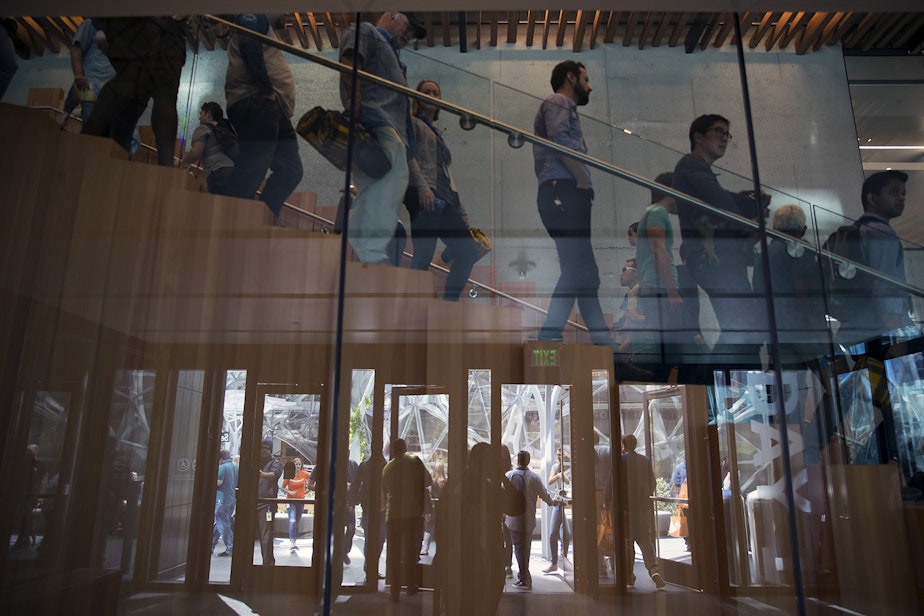Amazon and Microsoft protest as Trump bans new foreign workers

Workers around the world are recruited to take jobs at tech companies like Amazon and Microsoft. But they are learning they can’t get into the United States as the Trump Administration’s ban on new foreign workers is taking effect.
Amazon and Microsoft, both top users of highly-skilled visas known as H1Bs, are protesting the ban. But the Trump Administration's action is sweeping and includes many categories of "non-immigrant" worker visas. These visas do not offer the right to live permanently in the United States.
Microsoft president Brad Smith tweeted "Now is not the time to cut our nation off from the world’s talent or create uncertainty and anxiety. Immigrants play a vital role at our company and support our country’s critical infrastructure. They are contributing to this country at a time when we need them most."
Amazon, which won more H1B visas than any other company in 2019, called the proclamation "short-sighted" and added “Preventing high skilled professionals from entering the country and contributing to America’s economic recovery puts American’s global competitiveness at risk."
Bruno Medina is a Seattle tech worker with an H1B visa. He also interviews job applicants for his company, and says the knowledge and skill sets needed are so niche, it can take a year to find just one qualified candidate.
Sponsored
The Trump Administration says the ban will protect half a million American jobs by forcing US employers to hire Americans instead of hunting for talent abroad.
Medina says the loser will be the United States itself.
“It’s going to be harder for us to produce and to compete with other markets like China or other European markets,” he said.
Medina, whose home is in the Seattle area, just got back into the US after a visit to Mexico. Workers who have not yet moved to the United States are the ones caught up in the ban. Despite being spared, the ban is leaving its mark: Medina says he’s not going to take a chance by leaving the US, in case the rules change again.



